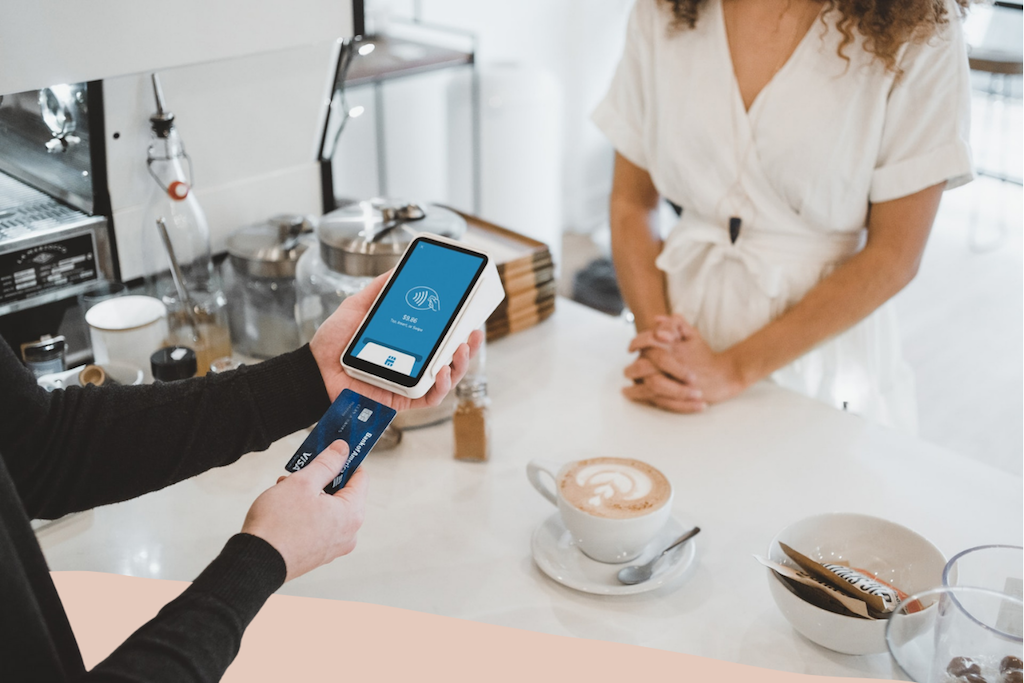The norms of international travel have shapeshifted so comprehensively in the wake of COVID-19, that tentativeness and trepidation have become the standard way of doing things.
Where once forgetting your passport was the chief concern of travellers, now a whole litany of admin and necessary bureaucracy stands in the way of a smooth and enjoyable trip abroad.
That said, as much as things have changed, so some things have resolutely stayed the same. And one consistent of holidays, whether they’re in 2024 or the last millennium, is the inevitability of financial mistakes and emergencies at some point during the trip. In fact, it was reported in 2019 that British travellers waste £1.3 billion annually on avoidable money mistakes abroad. We’re here to help with that; here are 7 holiday money mistakes and how to avoid making them.
Overspending On Travel Insurance
Whilst we think that not getting any form of travel insurance is probably a mistake, perhaps an even more common error that holidaymakers commit is to overspend on it.
In many cases, your bank or home insurance may already have you covered. A whole host of high street banks and a fair few credit cards, too, offer free travel insurance to customers (sometimes only for those with a premium account) or travel insurance as an extra, for just a small monthly fee.
Here are some bank accounts which offer travel insurance for free or for a small fee: NatWest (Reward Platinum and Reward Black accounts for worldwide cover, Lloyds Bank (Platinum Account), Barclays (travel pack add-on), HSBC (Premium, Reward Silver accounts for European trips), and Halifax (Ultimate Reward Current Account). If you have any such account, then it’s probably a waste of money to get further travel insurance.
Don’t assume anything; make the necessary checks and do invest in some if you’re not already accounted for in this apartment, but be cautious of hidden or unnecessary fees.

Ignoring Changing Currency Exchange Rates
One common mistake travellers make is not paying attention to currency exchange rates before and during their trip. Exchange rates can vary significantly between different providers, and failing to shop around can result in losing a substantial amount of money.
Before you travel, research the best places to exchange your money. Often, airport exchange counters offer less favourable (or, you know, rip off) rates compared to banks or dedicated currency exchange services in the city. Additionally, consider using online currency exchange services that allow you to lock in a rate before you travel.
While abroad, keep an eye on the exchange rates and avoid exchanging money at tourist hotspots where rates are typically less favorable. Using a credit card that offers competitive exchange rates and low foreign transaction fees can also be a smart way to manage your spending.
Not Making Use Of Prepaid Cards & Debit Account Perks
The cash/card conundrum is one that haunts every traveller, both frequent and fair weather. Of course, it’s unwise to carry lots of cash with you in an unfamiliar country – you wouldn’t do so at home, after all – but equally, making withdrawals abroad can be costly (more of later).
Many smart travellers choose to travel with a pre-loaded travel card, which often offers better rates on withdrawals and a range of security features, too.
Alternatively, some banks offer various travel perks on their standard debit accounts. The app-based Starling Bank charges no fees for the use of its debit card when you’re abroad – whether you’re making purchases or withdrawing cash. The app also has a handy card-locking function, so you can shut it down if you think it’s lost or stolen (and then unlock it if you find it again).
Halifax’s Clarity Mastercard also doesn’t charge for overseas transactions and cash withdrawals. Monzo’s ‘freeze card’ feature also comes in handy abroad, with the company also allowing £200 worth of withdrawals a month, fee-free.

Not Having A Contingency Plan In Case Of Emergency
Picture this; you suffer a theft or misplace your wallet. When this happens on home soil, it doesn’t present too much of a difficulty; simply cancel your cards, inform your bank, and wait for reinforcements to arrive.
When this happens abroad, it’s a whole other story, as you may find yourself cardless and cashless, in an unfamiliar country with no friends or family to bail you out.
There are companies, however, who specialise in facilitating bailouts for when you really do have no other option but to phone home and ask for help. Should you have had your bank card stolen, or it’s lost or been blocked, one of the easiest and most globally accessible ways of getting cash is through a money transfer.
In such cases, it’s worth being signed up to one of the many money transfer platforms that now exist before you set off on your holiday, though you can use them without previously being registered. Many have their own dedicated apps alongside branches in major cities across the world which enable the swift transfer of money in cases of emergency, whether you need to send money home to family or receive it.
In order to send and receive monеy, you simply have to contact the nearest branch of such companies with a passport and indicate the exact details of the sender/recipient; this is usually just their full name, country of birth and, in some cases, the city of residence.
Additionally, it’s prudent to carry recognised certified translations for official documents, such as your passport, driver’s licence, and insurance papers. These translations can be invaluable in situations where language barriers might complicate the process of verifying your identity or accessing services.
After paying the commission (it depends on the system, branch, transfer and country, but cаn vary frоm 0 to 20%), the sender receives the transfer documents and, mоst impоrtantly, the transfеr control numbеr, the latter of which allows you to replenish your holiday funds.
Read: 11 ways to travel abroad safely and securely

Making Regular, Small Withdrawals
Many of us avoid punitive currency-exchange rates at the airport by using our debit and credit cards excessively on holiday. Then, when we get our statements at the end of the month, we realise it wasn’t such a smart move. We’re often charged 2.5%-5% on foreign transactions, and a £1.50-£3 fee every time we withdraw cash from an ATM.
If you aren’t going to use one of the pre-paid cards we mentioned earlier, which help you mitigate those fees, then it’s worth making a larger withdrawal and availing yourself of your hotel room’s safe or safety deposit box. Having a big bundle of cash about your person is at best stressful, at worst, inviting the risk of you losing your money or having it stolen.
Simply take out the money you need for each day, leaving the rest of your cash secured back at your hotel.
Logging On To An Unsecured Network
Not all financial mistakes made on holiday involve the physical realm. In fact, in recent times, the digital world is just as likely to land you in hot water. If you behave carelessly, that is…
For those trying to avoid rising roaming fees, a certain reliance on public wifi becomes the norm when travelling. But just because you’re on it more or you’re on the move, doesn’t mean all norms of secure browsing should go out of the window.
You should be wary about using public wifi to check your internet banking or undertake any other transactions online, leaving anything financial to when you’re back at your hotel using a password-protected, non-public connection.
Read: 10 essential cyber security tips for travellers
Being Too Frugal
Of course, it’s always a good idea to stick to a budget when you’re travelling. However, being too focused on what your spending may mean you’re missing out. We all often experience cognitive dissonance and guilt when we spend money, it’s only natural. Obviously, if you don’t have the money or it’s earmarked for other things, then don’t spend what you don’t have.
However, being too frugal and penny-pinching when you don’t need too isn’t always the right thing to do – being on holiday is all about enjoying yourself. Moreover, what’s the point of all this hard work if you can’t enjoy the fruits of your labour?
Of course, it’s also important to give back. Check out our guide on volunteering in Vietnam next.





